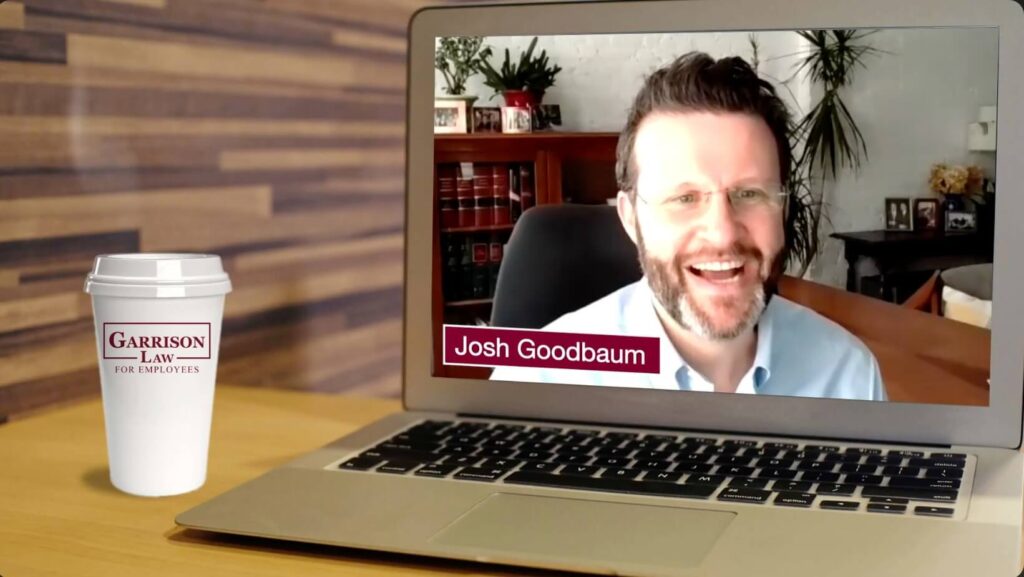Amanda DeMatteis: Hi, Josh.
Josh Goodbaum: Hi, Amanda. What are we talking about today?
DeMatteis: I saw in the news that the Dartmouth College men’s basketball team wants to unionize, and that has a lot of implications relative to employment law. What can you tell us?
Goodbaum: Well, it might have implications; it might not, Amanda. We’re gonna have to see what happens.
In order to unionize under the National Labor Relations Act, you’ve got to be employees, and most people don’t think of student-athletes as employees. Certainly the universities don’t. But these student-athletes are saying, “Hey, wait a minute. We do a lot of work. We get compensated in certain ways. We should be treated like employees, and we should be able to unionize.”
And the General Counsel of the National Labor Relations Board (NLRB), Jennifer Abruzzo, agrees with them. She issued a memo in 2021 that said that college athletes at private universities are protected under the National Labor Relations Act because they perform services for the colleges and they receive compensation.
Now, the way the NLRB is structured, the general counsel doesn’t advise the NLRB. The general counsel is like a prosecutor. She takes a position and then she advances that position in front of the Board, and ultimately, the Board has to make a decision about whether these student-athletes are really employees.
But, keep in mind: Different agencies have different standards about whether particular individuals who do work are “employees.” So, just because the NLRB decides perhaps that these student-athletes are employees does not mean that they would also be entitled to compensation – minimum wage or overtime, for example, under the Fair Labor Standards Act. It doesn’t necessarily mean that they would be covered by Title VII of the Civil Rights Act of 1964, which prohibits discrimination or retaliation against employees.
There are lots of different legal questions that hinge on employment status, but the standards in each of those questions of whether someone is an employee or something else are all – or at least can be – slightly different. So we’re certainly gonna be keeping an eye on this Dartmouth case to see how it develops. But the answer to this case does not necessarily indicate that everyone who plays college sports is an employee now for all purposes.
DeMatteis: It’s so interesting. These student-athletes are popping up in the news time and time again with name, image, and likeness contracts and whatnot. But it’s interesting to watch, and we’ll see how it impacts things. Thanks so much for all this information.

